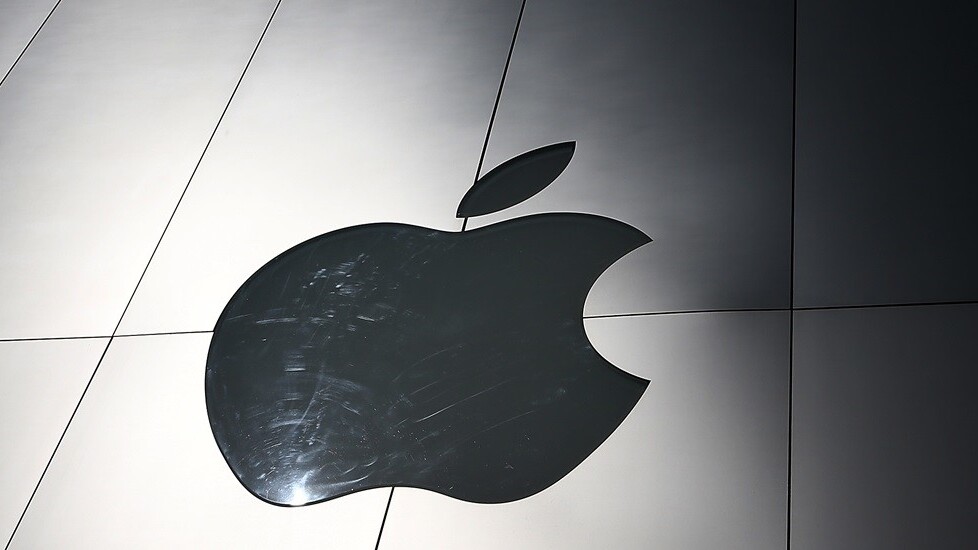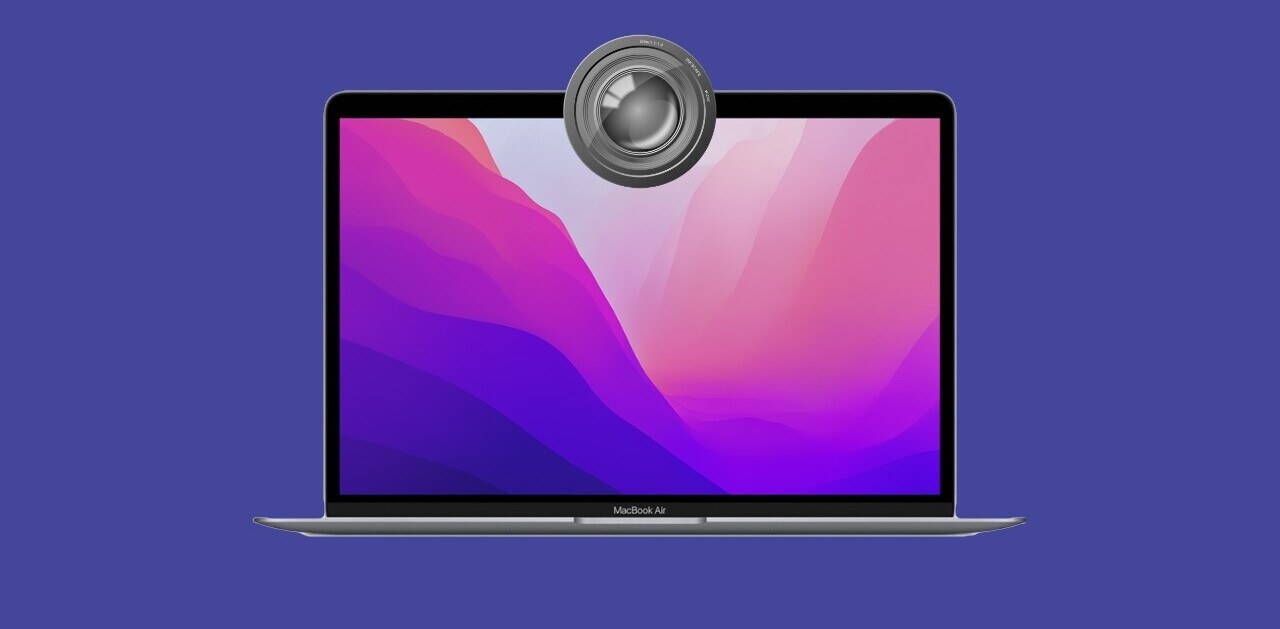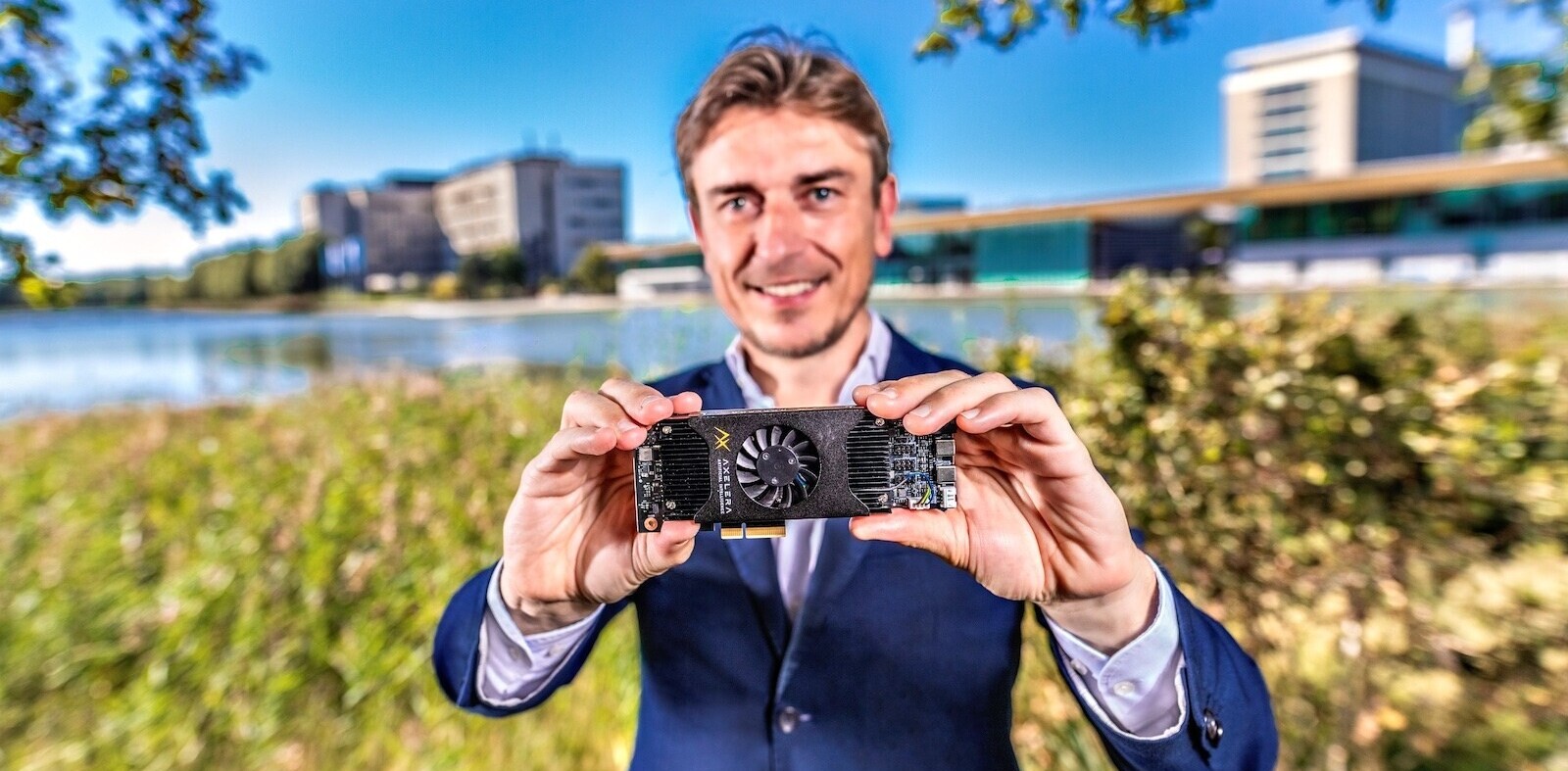
Apple was reported to have severed more manufacturing ties with Samsung after it elected to work with China’s TSMC to develop chips for the iPad and iPhone, but media in Korea suggest that Samsung has inked a deal to supply the central chipset for the iPhone from 2015.
The Korea Economics Daily reports (via Macrumors) that Samsung Electronics will supply 14nm-size A9 chips which will power a future version of the iPhone that could be released in 2015 (the report estimates it to be the ‘iPhone 7’), there no mention of the iPad. According to the report, production will begin in 2015 with the device launched in the second half of the year.
The notion that a Samsung chip will power the phone is significant because Apple turned away from its Korean rival — which has an extensive manufacturing business which works with Apple and other tech firms — when it recruited TSMC to product its upcoming A7 chips, which are produced using a larger 20nm die process.
Apple rarely comments on its manufacturing partners but, going on reports from the Wall Street Journal and other media that enjoy access to Asia-based sources among Apple’s partner firms, the company appears to be working with companies other than Samsung’s manufacturing units to produce the technology that will underpin its future devices.
Apple stopped buying iPhone screens from Samsung and switched to LG Display (and hired a former LG Electronics executive for its Korean business), which also supplies some screens used in the iPad. There were reports earlier this year that Apple switched back to Samsung for its super-thin glass, but those are still to be corroborated.
A rumor this month speculated that Apple is exploring the possibility of opening its own fab so as to control that aspect of manufacturing itself. It would likely be many years before such an eventually bore fruit given the lead times involved with signing chip-making agreements and a fab’s construction.
The ongoing rivalry between Apple and Samsung in the smartphone space has doubtless made their partnership on the manufacturing side of things more tricky. The billion-dollar patent infringement case that Apple won, and the release of sensitive details cited as evidence, is not likely to have helped matters either.
Headline image via Justin Sullivan / AFP / Getty Images
Get the TNW newsletter
Get the most important tech news in your inbox each week.





